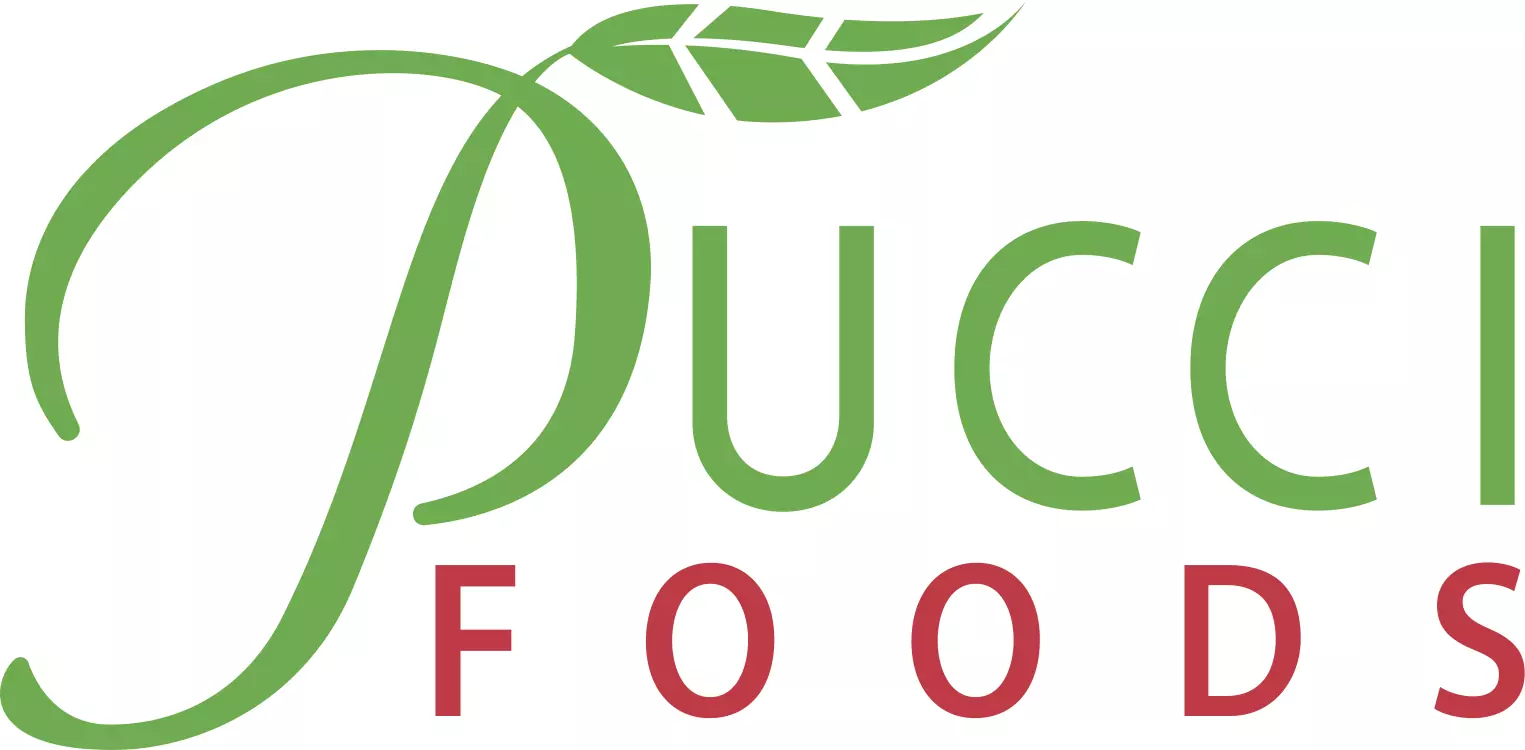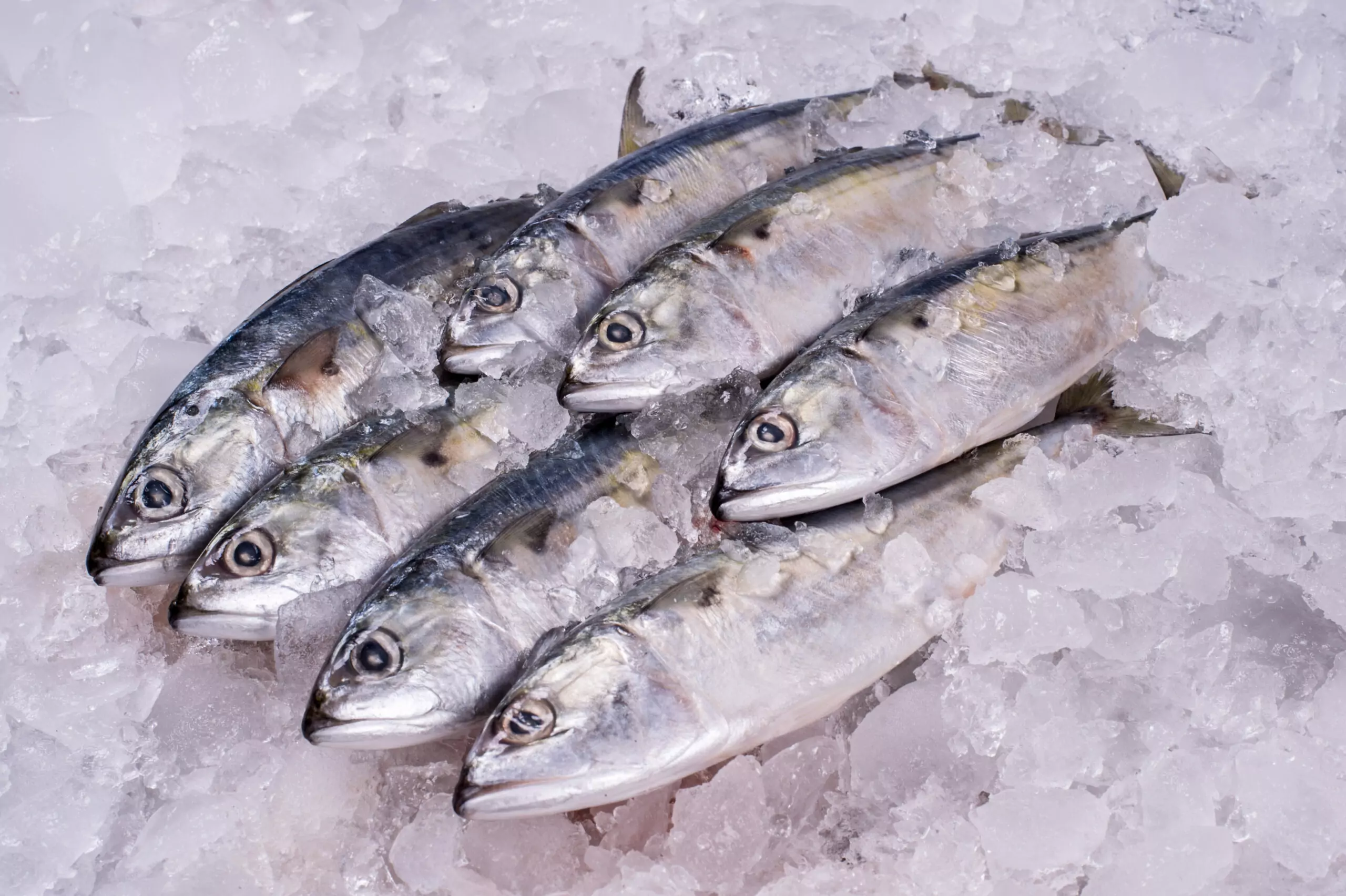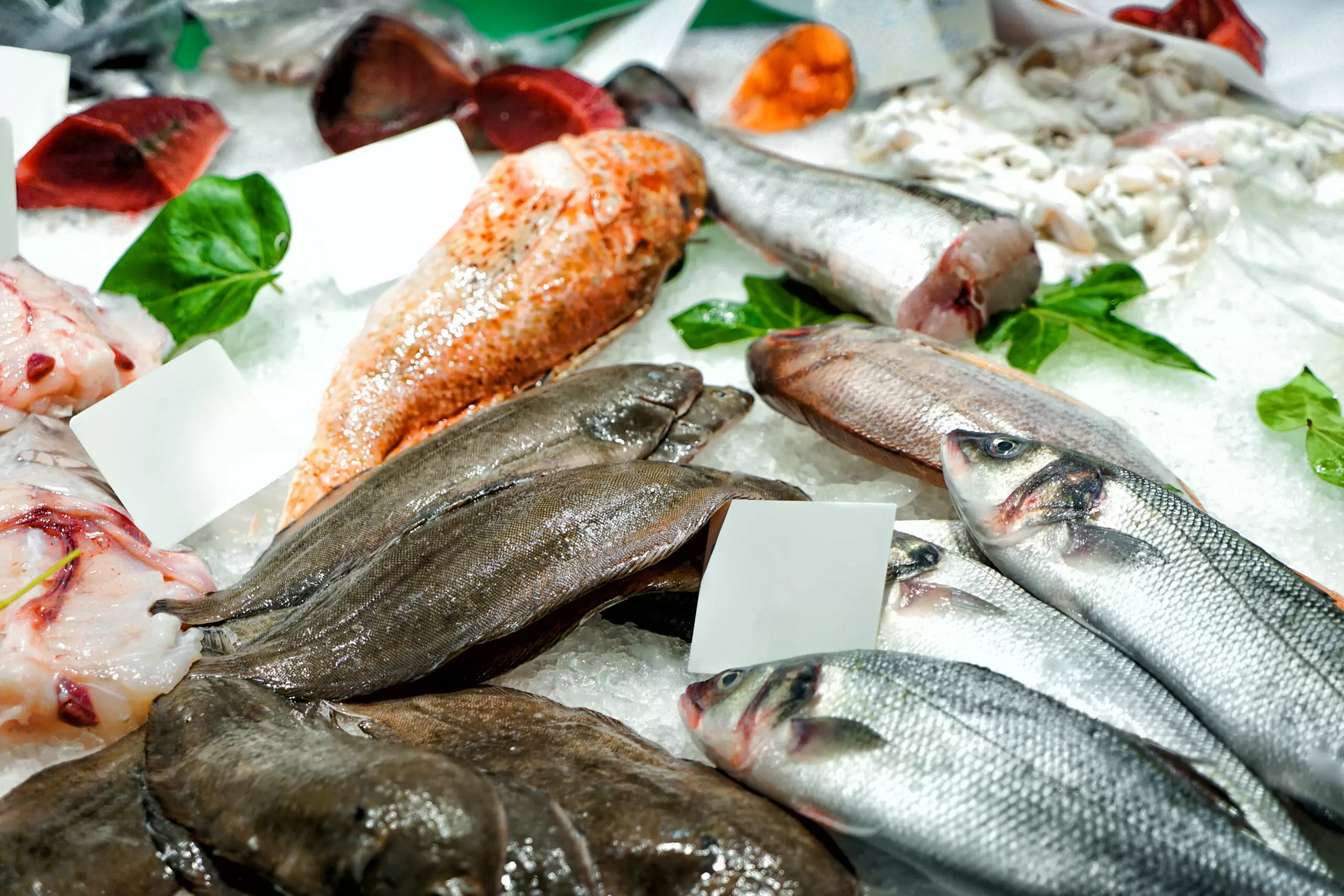An eco-conscious, healthful consumer is faced with a confusing myriad of options at the seafood market and at restaurants. We want to make the choices that are not only good for our bodies, but help protect the amazing natural resources of the oceans. But how are we to trust that what we buy meets these goals?
Over the last decade, numerous studies have attempted to understand what drives consumer interest in seafood. Researchers have examined cost, knowledge of health benefits, and sustainability. One overarching conclusion has risen to our attention – the use of eco-labels improves consumer confidence in a product by allowing them to exert ethical decision-making.
Having that confidence is essential for ethically conscious consumers – we are much more likely to buy a product that has a higher traceability and supports sustainable industries. Eco-labels provide us with this reassurance. If we are environmentalists at heart, then we strive to find those products that boast of their low environmental impact. Even if the product proves to be more expensive – which is a common side-effect of higher quality seafood – many consumers are willing to invest if they trust the sustainability and traceability of the product. But not all eco-labels are created equal. They each employ their own set of standards when assessing fisheries and it’s up to the consumer to decide which labels they want to instill their trust. For example, some labels might evaluate catch methods, but not the stock status. Or some will assess populations and management of the fishery, but not the environmental impact or bycatch levels. When we try to look at all these factors at once, it quickly becomes very complicated to figure out what is really sustainable and what is not.
The organization that comes out on top across the globe is the Marine Stewardship Council (MSC). They have certified and labeled more than 5,000 products which are on sale in over 66 countries with a retail value of $2 billion annually. MSC uses a rigorous set of standards that evaluates each fishery for stock status, environmental impacts, and management. They seek to reward sustainable fisheries for best practices and provide consumers with an expanding market of environmentally-friendly seafood options.
Funded by WWF and Unilever, MSC was launched in 1999 and has since grown tremendously in size and prestige. It is an independent, global, non-profit organization that works to ensure the health of marine ecosystems and the preservation of our sustainable fisheries. After meeting strict environmental standards, fisheries are able to carry the distinct blue MSC ecolabel in the market place. The Marine Stewardship Council has a growing audience worldwide, and consumers trust that the MSC label reliably conveys information on the sustainability of seafood products.
Research has shown us that overall biomass has increased in MSC-labeled fish and shellfish populations in the wild, while non-certified fisheries have lost biomass – relative to their target levels. This doesn’t necessarily mean that an MSC label will improve stock status – indeed this data goes back four decades, and the Marine Stewardship Council was only established in 1999. But it does show that these fisheries are already healthy and meeting the goal of sustainability. This leads us to believe that the MSC is conveying reliable, trustworthy information to consumers about the environmental practices and management of certified fisheries.
Of course, there has been some controversy. Considering the sheer volume of products and fisheries that have been certified in such a massive industry, it would be unusual if there were no complaints. Several other conservation organizations have made objections that MSC tends to be too lenient in some areas and certifies fisheries that should be reviewed more in-depth. Out of 19 objections over the past 15 years, only had has been upheld and the fishery did not receive certification.
There are many stakeholders in fisheries across the world and a certification as prestigious and well-respected as the MSC is certain to leave some people disgruntled. An extensive evaluation process is at the very least extremely complex and must meet many challenges. Seafood Watch, a highly trusted source in sustainable seafood product information, performed an in-depth analysis of MSC. They recognized that the Marine Stewardship council doesn’t examine bycatch levels as thoroughly as possible. However, they offer assurance that MSC labeled products meet at least their “good alternative” standard, ensuring that consumers are buying quality seafood when they seek the blue eco-label.
It is my hope that one day all eco-labels can be trusted fully and completely. They are our guidelines for making intelligent seafood choices and that dependence will only increase as more people become aware of the issues facing the marine environment. How are we to support sustainable fishing industries if we don’t know which ones meet the standards? Eco-labels provide consumers with a voice, allowing us to better make decisions and support the industries that create a more sustainable future.
By choosing seafood that comes from well-managed fisheries with low environmental impact, we are sending a message to the supply chain that responsible fishing is a necessary part of their industry. It supports the industries that are already practicing sustainable fisheries and encourages others to follow suit.
In striving to help consumers even more, the Marine Stewardship Council also has a free app for iPhone and Android systems that can tell you what nearby places sell MSC-labeled products. It certainly never hurts to double-check products with the free Seafood Watch app. In the absence of eco-labels and smart phone apps, we can always question where our seafood originates. Restaurants and markets are becoming accustomed to informed buyers asking the questions regarding the source of their seafood and how is it caught. If the source is environmentally responsible, the market or restaurant will not hesitate to respond.
Look for the Marine Stewardship Council blue eco-label proudly displayed by businesses like Pucci Foods, and be confident that your choices are making a positive impact on our oceans.


